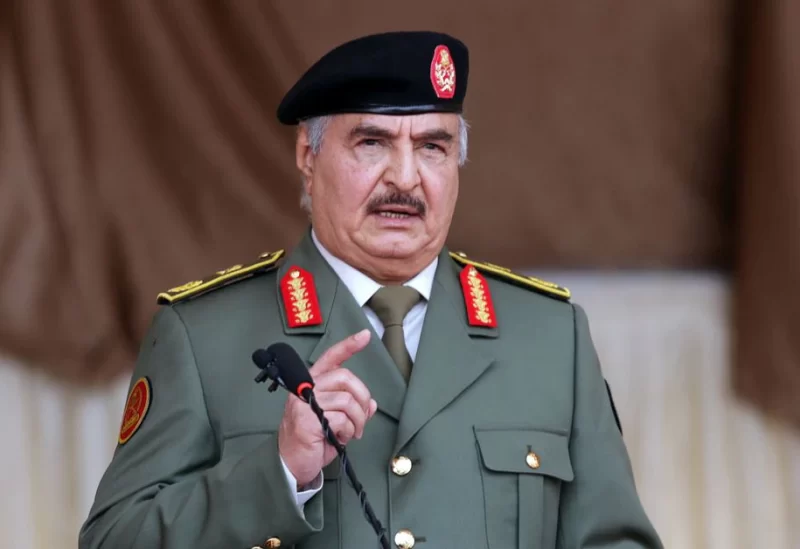
On Tuesday and Wednesday, the Libyan National Army (LNA) of eastern-based commander Khalifa Haftar battled with Chadian rebel troops in Libya’s south, according to both parties.
The battle highlights the danger of additional instability in the Sahel area, where a variety of groups operate across borders and where fighting has given terrorist organizations a foothold.
The LNA, which controls much of eastern and southern Libya, has stated that it is conducting military operations against “terrorist groups” and the Chadian resistance.
The Front for Change and Concord in Chad (FACT) rebel group stated on social media that Haftar’s soldiers had attacked its positions on the border, battling alongside Sudanese mercenaries and French troops.
The LNA claimed to have carried out air strikes and was patrolling the skies. According to FACT, French air attacks damaged its positions.
The French army stated that it had neither ground or air forces in the region.
According to experts, FACT was located in Libya and fought with the LNA throughout phases of Libya’s civil war, obtaining heavy weapons from Haftar.
In April, FACT advanced into northern Chad, battling the army there. Chadian authorities said president Idriss Deby, who had ruled for 30 years, was killed in the clashes. His son has taken over as transitional president.
The LNA, which was backed in the Libyan conflict by the United Arab Emirates, Russia and Egypt, also used fighters from Sudan and Syria as well as those provided by the Russian Wagner Group, a U.N. panel of experts has said.
The UAE deployed drone strikes in support of the LNA during its foiled 14-month offensive to capture Tripoli, which ended last year. The U.S. military has said that Russia flew jets to Libya last year to support LNA operations.
Major fighting in Libya’s civil war has been paused since the LNA offensive ended last year and both sides have accepted a ceasefire, an interim unity government and the idea of elections, although mercenaries remain dug in on both sides.
France intervened in the Sahel in 2013, sending forces to help fight militants in Mali, Niger, Burkina Faso and Chad, but grew impatient at political turmoil and said in July it would halve its troop numbers from the 5,000 then deployed.